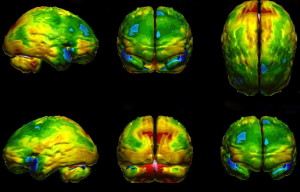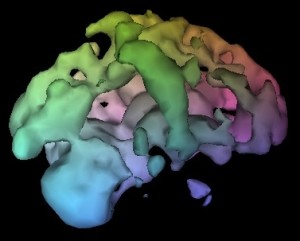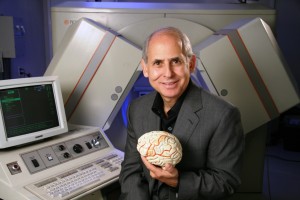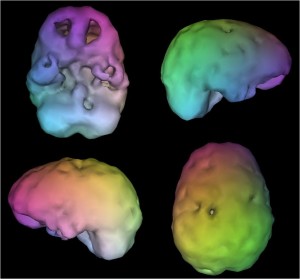When substance abuse is in play, the part of our body that receives the greatest effect is the brain. This is the seat of intelligence, and it is also responsible for controlling most of our body processes.
The normal functioning of our body depends on how healthy our brain is. If there is a dysfunction in the way our brain functions, it could be as a result of some self-initiated actions or external influences.
Substance abuse affects the brain in some ways that we are not aware of. For those who are not aware, substance abuse refers to the indiscriminate intake of either alcohol or drugs. In some cases, people take the both of them. Taking either of these substances beyond normal is referred to as an abuse.
Substance abuse greatly affects the structures of the brain. To start with, the cells located within the brain contain chemical signals. When an individual regularly abuses substances, these chemical signals are inhibited and this results in intoxication which we are all aware of.

There are various ways to know if someone is intoxicated. The person finds it out to speak coherently and meaningfully. Also, the individual experiences memory loss and his or her reflexes decline in function. In addition to this, the person acts on impulse without thinking of the consequences.
The downside to substance abuse is, if it continues for a long period of time, the brain finds a way to adjust to this new change. Once this happens, the chemical signals within the brain would cease to function, and they will only be revived when substance abuse is out of the way.
Hence, when an individual ceases to abuse substances, the brain resumes its normal way of functioning by reactivating the neurotransmitters.
It is important to refrain from substance abuse because it does so much damage to the brain. So, it is best to seek help from trusted and professional sources that would be able to provide adequate support.



